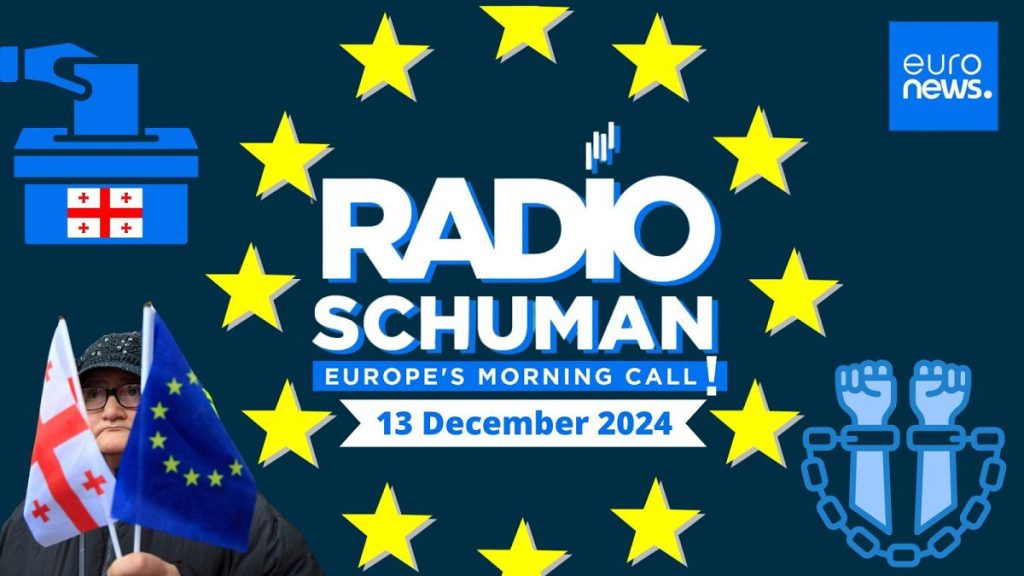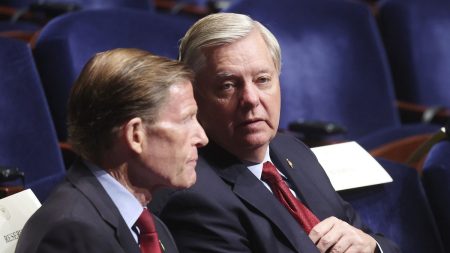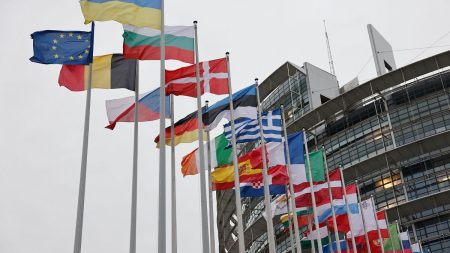Georgia stands at a critical juncture in its history, poised to elect a new president this Saturday amidst rising tensions and uncertainty regarding its relationship with the European Union. This election carries significant weight, not only for the future of Georgia’s domestic political landscape but also for the trajectory of its European aspirations. The backdrop to this pivotal moment is characterized by recent weeks of protests following parliamentary elections that saw the ruling Georgian Dream party secure victory, a win contested by the opposition and met with accusations of electoral irregularities. In the aftermath of this contentious election, Georgian Dream, led by its influential founder Bidzina Ivanishvili, announced a controversial decision to suspend efforts to join the EU, a move that sent shockwaves through the country and raised concerns among European leaders about Georgia’s commitment to democratic values and closer ties with Europe. The upcoming presidential election, therefore, takes on added significance as a barometer of Georgia’s future direction.
The shift in the method of electing the president adds another layer of complexity to the unfolding political drama. Prior to 2017, the president was chosen through a popular vote, allowing the Georgian people to directly elect their head of state. However, constitutional reforms implemented that year transformed the presidency into a largely ceremonial role and shifted the electoral process to a parliamentary vote. This means that the ruling party, Georgian Dream, effectively controls the selection of the next president, further solidifying its grip on power. The current president, Salome Zourabichvili, a strong advocate for closer ties with the EU, has vehemently criticized Georgian Dream’s increasingly ambiguous stance towards European integration. She has refused to recognize the results of the parliamentary elections and has vowed to remain in office until new elections are held, further exacerbating the political tensions.
The nomination of Mikheil Kavelashvili, a former soccer player with Eurosceptic views, as Georgian Dream’s presidential candidate has further fueled anxieties about Georgia’s drift away from Europe. Kavelashvili’s perceived alignment with Russia, and his skepticism towards the EU, stands in stark contrast to Zourabichvili’s pro-European stance, underscoring the deep divisions within Georgian society regarding the country’s future direction. This election, therefore, becomes a symbolic battleground between those who envision Georgia firmly anchored within the European family of nations and those who advocate for closer ties with Russia, or, at the very least, a more neutral stance in the geopolitical arena. The outcome of the election will send a powerful signal about Georgia’s future trajectory and its relationship with both the EU and Russia.
The EU is watching this election with bated breath, recognizing the strategic importance of Georgia in the region. Georgia’s aspiration to join the EU represents a commitment to democratic values, rule of law, and closer economic and political ties with Europe. The EU, in turn, has consistently supported Georgia’s reform efforts and its aspirations for European integration. However, the recent political developments, including the contested parliamentary elections and the suspension of EU accession talks, have raised serious concerns within the EU about the future of the partnership. The election of a Eurosceptic president would undoubtedly further strain relations with Brussels and could potentially jeopardize Georgia’s long-term prospects for EU membership.
Beyond the immediate political implications, the Georgian presidential election also carries broader geopolitical significance. Georgia is located in a strategically important region, bordering both Russia and Turkey, and plays a key role in regional stability and energy security. The country’s aspirations for closer ties with the West, including NATO membership, have long been a source of tension with Russia, which views Georgia as part of its sphere of influence. The outcome of the election, therefore, will have repercussions not only for Georgia’s domestic politics but also for the broader regional dynamics and the balance of power between Russia and the West.
The EU’s engagement with Georgia is not only about promoting democracy and economic development but also about strengthening its own geopolitical position in the region. Georgia’s potential accession to the EU would further expand the bloc’s influence in the Eastern Partnership countries and serve as a counterbalance to Russian influence. However, the current political trajectory in Georgia threatens to undermine these efforts and could potentially push Georgia further into Russia’s orbit. The EU, therefore, faces a delicate balancing act in its approach to Georgia, needing to express its concerns about democratic backsliding while also maintaining a constructive dialogue to prevent further alienation and preserve the possibility of future cooperation. The coming days and weeks will be crucial in determining Georgia’s future direction and the future of its relationship with the EU.










